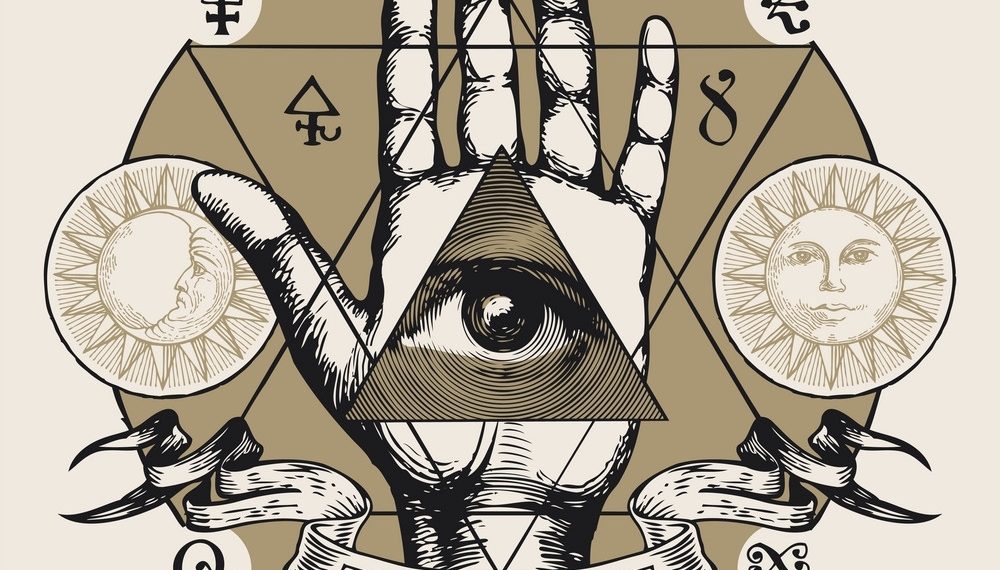“The etymological origin of the word magick derives from the word Magus, which described the priestly caste of the tribe of the Medes in Persia. Their region was the area known as modern day Iran and their history is recorded as far back as the 2nd century, B.C. These priests were men, who lived as a tribe. These men were born into the social rank of priesthood, as part of a hereditary order. Besides being the religious leaders of the people, these priests would also interpret dreams and give signs and omens. The same terminology (Magus) was also used throughout the Mediterranean to describe those who used magick, such as enchantment, sorcery and divination. The reign of the Priests of Magus had lasted for nearly 500 years, until they lost their power over the people by merging with the Persian empire in 550 BC. The legacy of their myth lasted through the Greek Hellenistic era, eventually becoming the word “Magos.” This title then developed into an adjective, meaning “”magical” and finally into the Latin “ars magica,” or the “magic arts” as it is known today.
Magick is an ancient wisdom that is based upon the magickans awareness, interpretation and interaction of the metaphysical associations of nature. These natural occult principalities are what make up the fabric of the magickans reality. The magickans reality is based on certains laws or absolutes of causes and effects which, when combined with the force of will, creates the desired result. As said by the German magickan and philosopher Heinrich Cornelius Agrippa, the power of magick is described as this: “… He who has cohabited with the elements, vanquished nature, mounted higher than the heavens, elevating himself above the angels and the archetype itself, with whom he then becomes the co-operator and can do all things.”” – M. A. Harris, The Art of Black Magick
Copyright © 2021 by Jegtheme.


